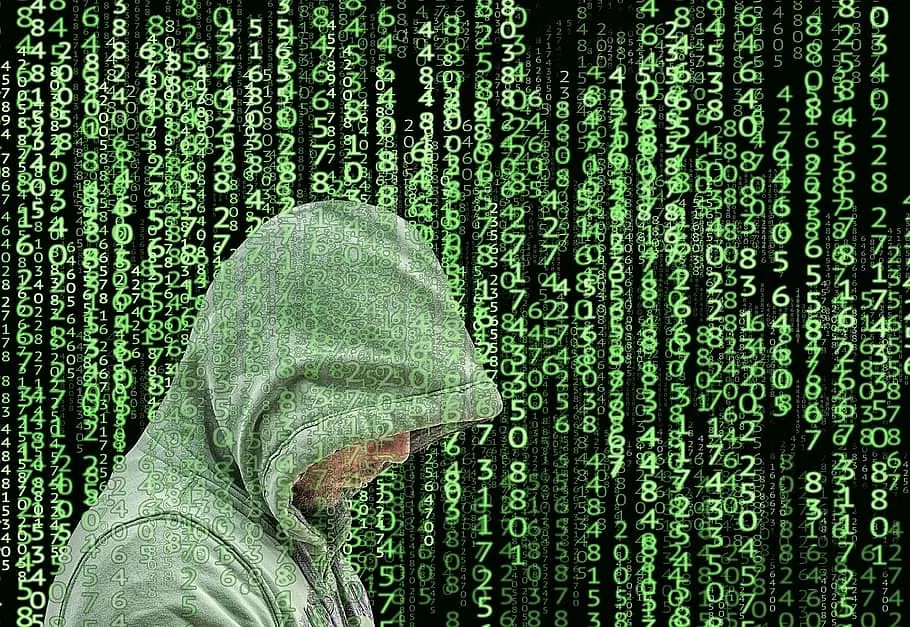We have Paleolithic emotions, medieval institutions, and god-like technology”.
E.O. Wilson
The world history is a dynamic of change. If we deeply analyze the transitions of world – from the dethroning of kings to the supremacy of capitalism – the growing Science, Philosophy and Technology always aided such transition. Though everything has changed from the past centuries to the present time, the human emotions remain unchanged. The human emotions are stagnant in context to the changing world. Our ancestors reacted to the emotions similarly as we do. They used to laugh and cry, mourn with exact severity of emotions, that we are doing. For instance we mourn when we come across the death of loved ones, and rave grieve the atrocities and injustice. But our emotions are limited, hence vulnerable to growing technology.
Although, we are in the age of internet of things (IoT), still our emotions maintain same genre. From the above lines I want to emphasize on the dichotomy between the augmentation in the field of technology and the stagnant human emotions. The subject of human emotions is the talk of town in silicon industries. Programmers with acumen are developing algorithms to conquer the diversified human behavioral pattern. The question is “do growing technologies exploit the human emotions?”
There are plenty of events that happened in the past where we saw red flags raised over the unethical use of technology to influence and determine human decisions to facilitate political agendas. The anthropologists and the edge cutting technology are discovering the new dimensions which streamline together to know more about the human behavior. The dam of algorithms is sweeping away the very foundation of human emotions.
If you analyze the stakeholders who own the treasures in the world, their market is our day to day data. The wiki leaks, data breaches, social engineering attacks – all is the beginning of a disaster that is directed towards humanity.
The situation would have been different if we had kept our private, personal and public affairs to practical life rather than forwarding their ownership to the digital world. Nevertheless we can make a difference by understanding the severity of the above discussed issue. It is essential for each one of us to discuss the menace, dos and don’ts of digital world. We need to include a separate course on such topics in our schools, colleges and universities. We need to be updated. Our cautious and preemptive attitude can save us from many adverse situations.
Aamir Rashid is M.B.A in Finance and Marketing from Central University of Kashmir
Disclaimer: The views and opinions expressed in this article are the personal opinions of the author. The facts, analysis, assumptions and perspective appearing in the article do not reflect the views of GK.






